Among new ceramic materials, alumina ceramic and zirconia ceramic are quite outstanding and widely used for their various excellent performance. In this article, features of these two kinds materials are briefly introduced.
*Features of alumina ceramic:
Alumina ceramic is well-known for its low permittivity, low dielectric loss, high dielectric strength, high volume resistivity, wonderful Flexural Strength, terrific stability, preferable compressive strength and acceptable denaturation of cold and heat shock.
Thermal insulation ceramic, 95 alumina ceramic and 99 alumina ceramic are widely used in thermostat of household appliances, insulation parts, thermal equipment, iron-structured construction and ship construction, etc.
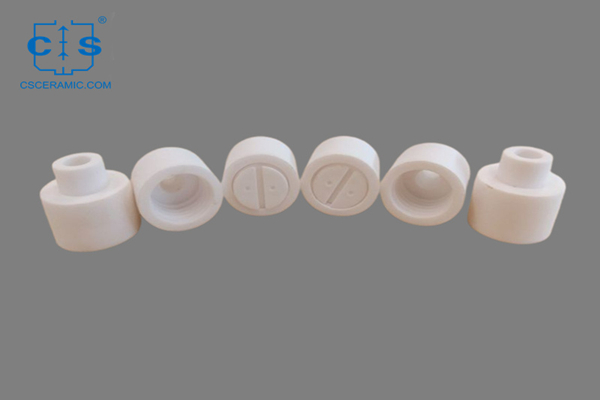
|
Alumina Ceramic Parameter Table |
||
|
PROPERTIES |
UNIT |
VALUE |
|
Density |
g/cm3 |
3.7 |
|
Hardness |
HRA |
≥86 |
|
Bending Strength |
Mpa |
≥300 |
|
Max. Working Temperature |
℃ |
1500 |
|
Thermal Expansion |
×10-6/℃ |
7.15-7.67 |
|
Permittivity |
εr(20℃,1MHz) |
9.21 |
|
Dielectric Loss |
tanδ×10-4,1MHz |
2.5 |
|
Volume Resistivity |
Ω·cm(100℃) |
9.2*1016 |
|
Compressive Strength |
Mpa |
2500 |
|
Elasticity Modulus |
Gpa |
300 |
|
Poisson's ratio |
/ |
0.2 |
|
Thermal Conductivity |
W/m·K(20℃) |
20 |
*Features of zirconia ceramic:
Zirconia ceramic has a series of excellent properties, for instance, high hardness, preferable wear resistance, high toughness, low friction coefficient and terrific corrosion resistance. It is extensively used in the field of machine sealing, grinding medium, cutting tools, ceramic bearing, auto engine parts and dehydration equipment for paper manufacturing.
The wear resistance of zirconia ceramic is as 15 times as that of alumina ceramic, but the friction coefficient of zirconia ceramic is merely as 0.5 times as that of alumina ceramic. Zirconia ceramics with fine texture have been polished, then a smoother surface could be obtained, whose surface roughness and friction coefficient are more desirable.
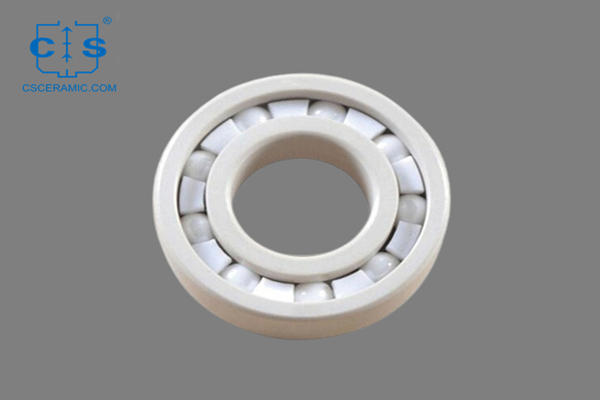
|
Zirconia Ceramic Parameter Table |
||
|
PROPERTIES |
UNIT |
VALUE |
|
Density |
g/cm3 |
6.05 |
|
Water Absorption |
% |
0 |
|
Thermal Expansion |
×10-6/℃ |
10.5 |
|
Young’s Modulus of Elasticity |
Gpa |
210 |
|
Poisson's ratio |
/ |
0.3 |
|
Hardness(HV) |
MPa |
1200 |
|
Bending Strength (indoor temperature) |
MPa |
950 |
|
Bending Strength (700℃) |
MPa |
210 |
|
Compressive Strength (indoor temperature) |
MPa |
2000 |
|
Fracture Toughness |
Mpa.m1/2 |
10 |
|
Thermal Conductivity (indoor temperature) |
W/m.k |
2 |
|
Specific Resistivity (indoor temperature) |
Ω.mm2/m |
>1015 |
|
Max. Working Temperature |
℃ |
1350 |
|
Acid and alkali corrosion resistance |
/ |
Intense |




 info@csceramic.com
info@csceramic.com
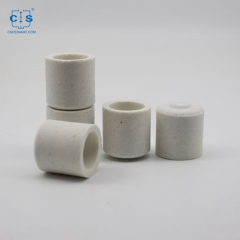
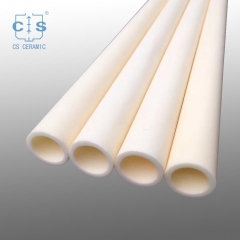
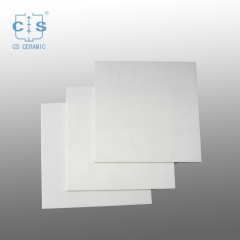
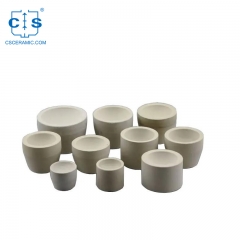
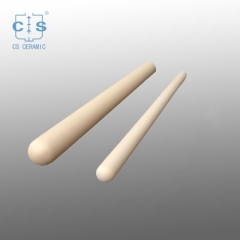
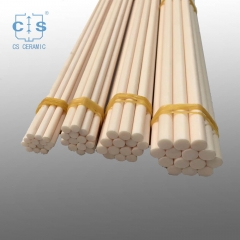
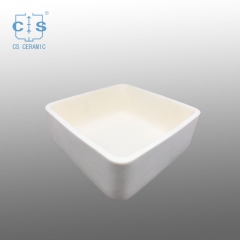
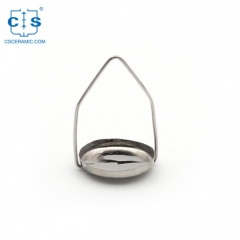
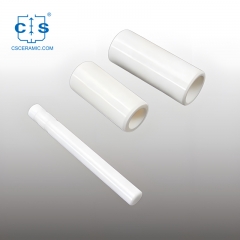
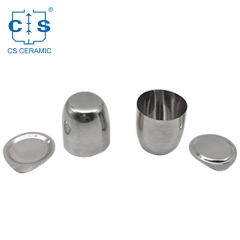







 +86 18273288522
+86 18273288522